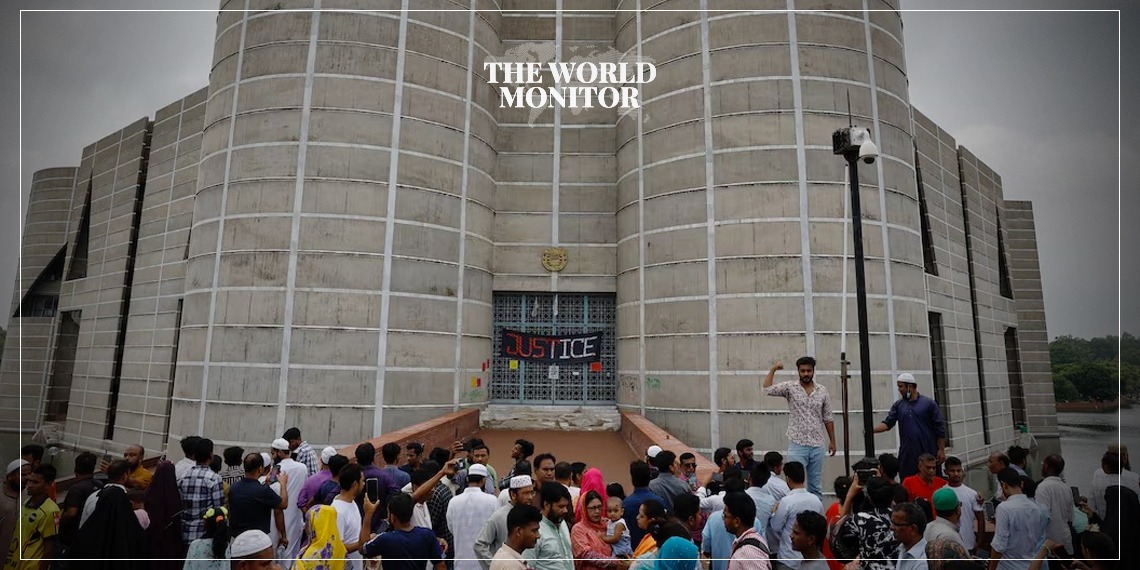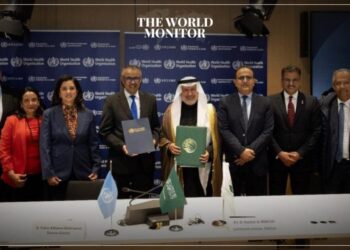Bangladesh’s president dissolved parliament on Tuesday, paving the way for an interim government and new elections a day after Prime Minister Sheikh Hasina resigned and fled following a violent crackdown on a student-led uprising.
President Mohammed Shahabuddin’s office also announced that Begum Khaleda Zia, the leader of the opposition Bangladesh Nationalist Party and a former prime minister who had feuded with Hasina for decades, had been freed from house arrest.
Student protesters had threatened further demonstrations if parliament was not dissolved. The movement that toppled Hasina emerged from protests against public sector job quotas for families of veterans of Bangladesh’s 1971 independence war, seen by critics as a way to reserve jobs for allies of the ruling party.
Approximately 300 people were killed and thousands injured in violence that swept through the country since July. After demonstrators stormed and looted the prime minister’s lavish residence on Monday, the streets of the capital Dhaka were peaceful on Tuesday, with traffic lighter than usual and many schools and businesses still closed.
Garment factories, which supply apparel to some of the world’s top brands and are a cornerstone of the economy, will reopen on Wednesday after being shut due to the disruptions, the main garment manufacturers’ association said.
The decision to dissolve parliament was taken following meetings with the heads of armed forces, leaders of political parties, student leaders, and some civil society representatives, according to a presidential statement.
Negotiations on the formation of the interim government continued through Tuesday, according to a student leader and a government official. President Shahabuddin had stated earlier that an interim government would hold elections soon after it takes over.
Nahid Islam, a key organizer of the campaign against Hasina, said in a video message: “Any government other than the one we recommended would not be accepted.”






